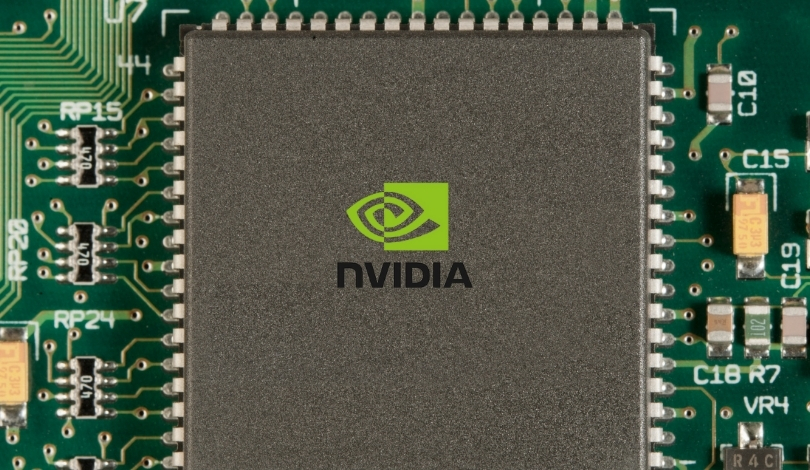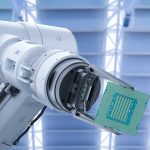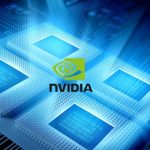A new phase may be on the horizon for industries investing in robotics, as Nvidia introduces its Jetson Thor developer kit. This release reflects Nvidia’s continued shift from its legacy in gaming hardware to broader artificial intelligence and robotics applications. Tapping into the demands of sectors from healthcare to logistics, Jetson Thor enhances capabilities for a variety of organizations adopting robotic solutions. As more companies look to AI for operational efficiency, Nvidia’s strategic focus appears to mirror ongoing trends toward automation and machine learning across global markets.
When previous Nvidia products entered the robotics sector, adoption was more limited, with a slower rate of integration and primarily experimental usage by select partners. Compared to earlier Jetson models, the new hardware brings significantly expanded compute power and memory, addressing challenges reported with previous generations, such as limited on-device AI processing and difficulties handling multiple models concurrently. While prior launches saw incremental uptake, this release has prompted stronger industry interest from a wider array of leading firms and institutions, potentially signaling an acceleration in robotics development and deployment.
What Does Jetson Thor Offer for Robotics?
Jetson Thor is powered by Nvidia’s Blackwell GPU and comes equipped with 128GB of memory, delivering a reported 7.5-fold increase in AI compute performance compared to its predecessor, Jetson Orin, while offering greater energy efficiency. This expansion is intended to serve entities developing advanced robotics for complex environments, providing support for multi-modal AI workloads and facilitating on-device decisions in real time. Integrations with platforms from Meta, Amazon Robotics, Boston Dynamics, and Caterpillar highlight the product’s immediate commercial relevance.
Which Companies Are Utilizing Jetson Thor?
Key organizations are already incorporating Jetson Thor into their robotics workflows. At Boston Dynamics, Jetson Thor is being integrated into the next generation of its Atlas humanoid robot, while Agility Robotics employs the developer kit in its Digit models. Amazon Robotics aims to use the kit in scaling robots capable of operating safely across varied work environments, and Caterpillar reports leveraging Jetson Thor in autonomous equipment for construction and mining to improve operational precision.
How Is Academia Engaged with Jetson Thor?
Beyond industry usage, academic researchers are evaluating Jetson Thor’s capabilities in complex scenarios, including tasks such as medical triage and search-and-rescue operations. The hardware enables advanced perception and decision-making, supporting exploration of physically adaptive AI systems in unfamiliar and dynamic environments. These academic initiatives underscore the platform’s adaptability to research requirements and emergent robotics missions.
Nvidia CEO Jensen Huang emphasized the company’s vision for the broader expansion of robotics, noting,
“This product was developed with the millions of developers working on bringing physical A.I. into the real world in mind.”
Characterizing the hardware’s capacity, he stated,
“With unmatched performance and energy efficiency and the ability to run multiple generative A.I. models at the edge, Jetson Thor is the ultimate supercomputer to drive the age of physical A.I. and general robotics.”
While robotics makes up a small share of Nvidia’s revenues, recent increases indicate strengthened demand.
Jetson Thor’s entry occurs as Nvidia places greater emphasis on enabling physical AI, viewing humanoid robots and self-driving systems as central to the next technological wave. The developer kit is designed to serve not only established corporations but also startups and research groups who require enhanced performance for emerging robotics use cases. As the platform is tested and adopted in diverse sectors, evaluating its economic and technical impact will be necessary for understanding how it may alter the pace of robotics innovation. Industry decision-makers looking for scalable, energy-efficient solutions may consider benchmarking Jetson Thor against their current platforms to determine potential operational gains and integration feasibility.










